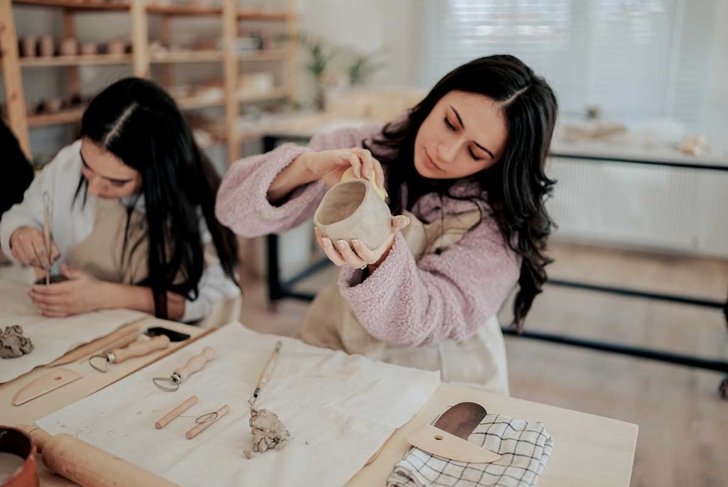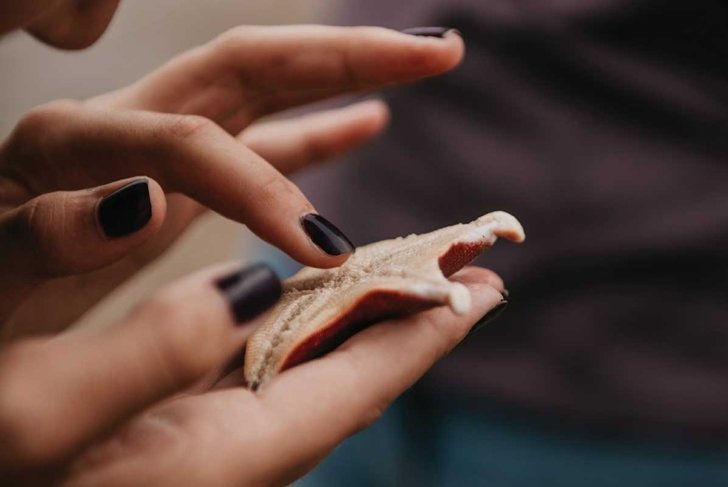For many people, the current state of the world feels dangerous. Everyone I know is facing difficulties, including counselors, healers, and traditional Knowledge Keepers. It feels as though the wisdom we’ve invested so much effort into cultivating is inadequate for these challenging times.
We will explore a new approach to being genuinely present with ourselves while tending to what some Indigenous communities refer to as the “home fire” and our responsibilities. Our focus will be on enhancing self-love while simultaneously caring for others in this crucial time, where nurturing those who provide care for us has become paramount and sacred.
Why cultivate a practice of deepening self-love?
Unconditional self-love nourishes and heals every facet of our being; it enables us to confront fear and despair and redirects our focus toward hope, gratitude, and beauty. Although we may have been caught off guard by these unprecedented challenges, we don’t have to be their victims.
Our inner children, often neglected, can relearn the joy of simple pleasures rather than fixating on our burdens. Yet, this is a practice that must be maintained consistently, akin to meditation, requiring an extraordinary level of self-awareness.
This truly represents a path back to our true selves. It serves as a precious gift that has come to us—one among many: we can choose to concentrate on the beauty around us with gratitude.
Let’s return to our own paths
Hope is essential. Many have lost their sense of hope, trust, and belief in anything. We must collaboratively seek a new way forward because now, more than ever, we need community and connection. The strength of the collective is necessary.
I spoke with three remarkable Indigenous women from Tsartlip, Ahousaht, and Yellowknives Dene First Nations to discuss both traditional and contemporary roles of women in our Indigenous cultures as caretakers of family, home, work, and community, as well as the community’s expectations, cultural duties, and associated guilt.
We delved into the concept of self-love and how traditional practices of reciprocity offer support. As women living in urban spaces by necessity, we have created our own communities. Carrying the weight of history, we, as Indigenous women, have cultivated remarkable resilience, often in solitude, learning to form circles out of necessity.
There is much that all women can glean from this experience. As one interviewee, ciiqaptuul (Jaquie Adams), stated, “We [Indigenous women] have stepped up to be warrior women without Aunties and Grandmothers overseeing the children or providing meals, without a village.”
Self-love is strength training, ensuring balance
How do we start? We must commit to unconditional self-love and respect. Treat yourself with the care and kindness you would offer your closest friend. Warriors need to care for themselves. This approach transcends superficial self-care activities such as bubble baths, delving into a profound love for ourselves that fosters strength and resilience, preventing us from crashing.
How do we deepen self-love to nurture self?
Avoid comparing yourself to anyone else. Seek help before you reach a breaking point, and do so without shame. Engage in discussions with partners or your reciprocity circle about distributing roles and responsibilities.
Be awake and disciplined about your own needs
View self-kindness as a sacred duty—this obligation to nurture oneself and others encapsulates the principle of reciprocity. Be mindful to provide and receive from yourself in equal measure. Remember, small lapses in self-care can snowball into larger issues.
Be continually present to yourself
Consistently clear stress and negative emotions. Practice self-discipline: instead of replacing a workout with a nap, carve out space for both. Cultivate motivation when you feel it lacking by engaging in practices that uplift and sustain you, even when the temptation is to isolate.
Lose the guilt
Let go of feelings of guilt and shame. Stay vigilant! ciiqaptuul shares, “The more I delve into Nuu-chah-nulth tradition, the less guilt I feel.”
Practice deepening self-love
Aim for inner peace. Respond to yourself in real time. Go to bed earlier. “REM provides dream guidance,” notes Katlia Rafferty.
Rise earlier. “I sit in the dark … enjoy my coffee,” adds Zinco Somes Stlani (Jessica Underwood).
Craft during breaks.
Nurture your soul.
Walk by—and smell—water.
Look for rocks.
Talk to ravens.
Be still.
Allow peace to envelop you.
Speak with an Elder.
Cry when you need to.
Mentor and delegate responsibilities.
Feel comfortable saying “not now.”
Create a space for retreat.
Be with yourself, reflect, and read.
Engage in creative activities.
Meditate; practice not-thinking.
Understand the significance of ritual.
Delight in tradition.
Savor the little things.
Sit in darkness.
Embrace your introverted side.
Take a nap.
Share laughter within a circle of community.
Aim for balance
Be mindful and request help when necessary. Establish a support network; engage in equal giving and receiving. Aim to find equilibrium in sharing roles, alternating the position of giver and taker.
Reciprocate
Establish a “giving back” or “pay it forward” circle. “Reciprocity forms the foundation of healthy relationships. It’s how we have thrived; we nurture one another,” states Zinco Somes Stlani.
“We lived in reciprocity long before outside contact. In a world marked by greed, hoarding, and selfishness, we must bring reciprocity back into our circles,” advises ciiqaptuul.
Getting social with Indigenous self-care
Indigenous women to follow on social media as excellent examples of meaningful self-care.
- Carrington: @carrchristmas
- Atlohsa: @atlohsa
YouTube
TikTok





